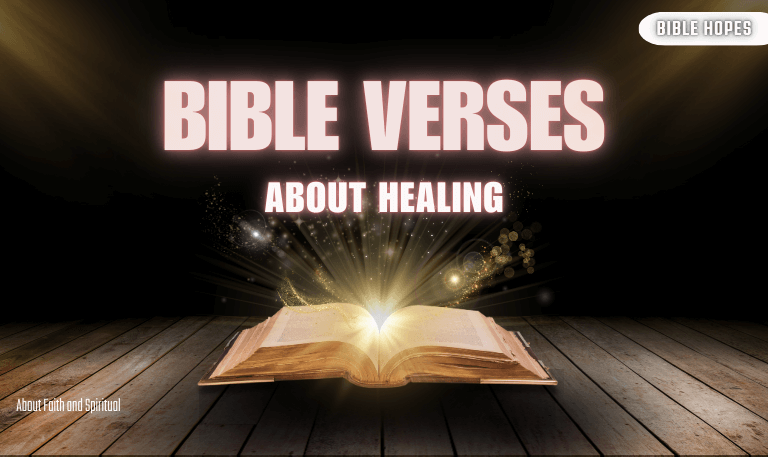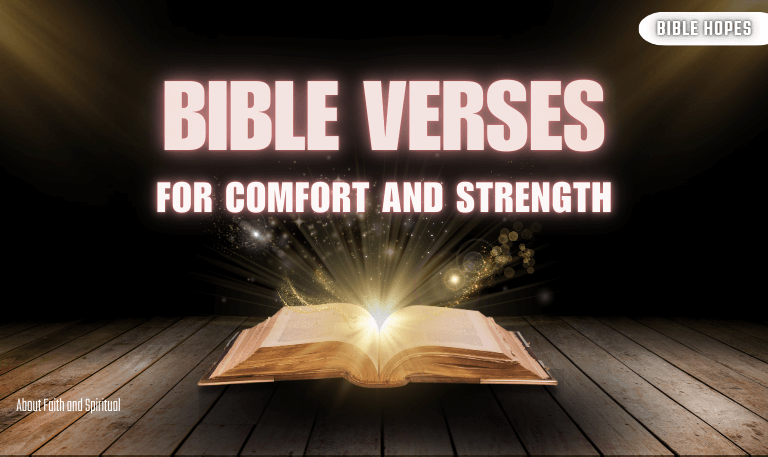The Book of Psalms is a cornerstone of biblical literature, rich with poetry, prayers, and praise. Among its many themes, praise stands out as a powerful expression of faith, gratitude, and worship. Psalms on praise are beloved for their ability to inspire believers, uplift spirits, and connect us deeply with God’s presence.
In this comprehensive guide, we will explore the meaning of praise in the Psalms, highlight key praise Psalms such as Psalm 150 and Psalm 100, and reveal how these ancient songs continue to enrich Christian worship today. Whether you seek to deepen your personal devotion or enhance your worship ministry, this article offers an authoritative resource on Bible Psalms on praise that celebrates God’s greatness.
What Are Psalms on Praise?
Psalms on praise are specific psalms within the Book of Psalms that focus primarily on exalting God’s character, works, and holiness through joyful declarations. These psalms use exuberant language and imagery to encourage heartfelt worship, often calling on all creation to join in the praise.
Characteristics of Praise Psalms
Emphasis on God’s greatness, power, mercy, and faithfulness
Calls for joyful singing, clapping, and playing musical instruments
Inclusion of commands to praise God universally — from all people, nature, and even angels
Express deep gratitude and awe rather than lament or complaint
Read Also: What Does Submissive Mean In The Bible
Why Praise Is Central in the Psalms
Praise serves as a fundamental response to God’s actions and nature. In the Psalms, praise is not just ritual; it’s a transformative practice that shifts the heart from despair or doubt to joy and trust. Praise acknowledges God’s sovereignty and invites His presence into our lives.
Biblical Definition of Praise
According to the Bible, praise is an act of honoring and glorifying God for who He is and what He has done (Psalm 150:6). It transcends mere words, encompassing worship, obedience, and reverence.
Top Psalms on Praise and Their Significance
Below are some of the most prominent praise Psalms that have inspired believers for millennia.
1. Psalm 150 – The Ultimate Psalm of Praise
Often called the “Hallelujah Psalm,” Psalm 150 is a concise but powerful call to praise God with everything—breath, music, and dance.
“Praise the Lord. Praise God in his sanctuary; praise him in his mighty heavens… Praise him with the sounding of the trumpet, praise him with the harp and lyre.” (Psalm 150:1-3, NIV)
This psalm encapsulates the essence of praise: universal, exuberant, and musical.
2. Psalm 100 – A Joyful Call to Praise
Psalm 100 invites all the earth to worship the Lord with gladness.
“Shout for joy to the Lord, all the earth. Worship the Lord with gladness; come before him with joyful songs.” (Psalm 100:1-2, NIV)
It emphasizes thanksgiving, service, and recognition of God’s enduring love.
3. Psalm 103 – Praise for God’s Mercy and Grace
Psalm 103 beautifully blends praise with thanksgiving, highlighting God’s compassion.
“Praise the Lord, my soul; all my inmost being, praise his holy name… He does not treat us as our sins deserve or repay us according to our iniquities.” (Psalm 103:1-3, NIV)
The Power and Purpose of Praise in the Psalms
Praise is transformative. It renews hope, strengthens faith, and aligns our hearts with God’s will.
How Praise Changes Us
Shifts focus from problems to God’s greatness
Invokes God’s presence and peace (Psalm 22:3)
Acts as a spiritual weapon against fear and anxiety (2 Chronicles 20:22)
Encourages community and unity in worship
Using Psalms on Praise in Daily Life
Incorporating praise Psalms into daily spiritual practices can deepen your faith and bring joy.
Practical Ways to Use Praise Psalms
Daily reading and meditation: Reflect on verses like Psalm 150 or Psalm 145.
Memorization: Commit favorite praise verses to memory for encouragement.
Singing: Use Psalms as lyrics in worship or personal praise songs.
Journaling: Write prayers inspired by praise Psalms.
Praise Psalms for Different Occasions
Praise Psalms suit various contexts:
| Occasion | Suggested Psalms |
|---|---|
| Worship services | Psalm 150, Psalm 98 |
| Personal devotion | Psalm 34, Psalm 103 |
| Thanksgiving moments | Psalm 100, Psalm 136 |
| Difficult times | Psalm 27, Psalm 71 (mixed praise and trust) |
The Language and Imagery of Praise in Psalms
Praise Psalms use vivid imagery and musical references:
Musical instruments: Trumpets, harps, lyres, cymbals (Psalm 150)
Nature imagery: Mountains, seas, sun, moon, stars all joining praise (Psalm 148)
Emotional language: Joy, gladness, exultation, thanksgiving
Historical Context: Praise in Ancient Israel
In ancient Israelite worship, Psalms on praise were often sung by choirs accompanied by instruments during temple festivals. This tradition underscores praise as both a personal and communal experience.
Psalms on Praise in Christian Worship Today
Modern Christian worship music often draws heavily from the Psalms, particularly praise Psalms, bridging ancient scripture with contemporary expressions of faith.
Read Also: Who Was Baptized Twice in the Bible
Theological Insights From Praise Psalms
Praise Psalms reveal key attributes of God:
God’s Sovereignty: “The Lord reigns” (Psalm 97:1)
God’s Faithfulness: “His love endures forever” (Psalm 136)
God’s Holiness: “Holy is he” (Psalm 99:3)
God’s Salvation: “He saves” (Psalm 18:2)
Psalms on Praise FAQs
Q1: What are the best Psalms for praise?
Psalm 150, Psalm 100, and Psalm 103 are among the top Psalms focused on praise.
Q2: How can I use Psalms to praise God daily?
Read, meditate, sing, or memorize praise Psalms. Reflect on their messages and let them inspire your prayers.
Q3: Are praise Psalms only for worship services?
No, they are meant for both personal and corporate worship.
Q4: Can praise Psalms help during difficult times?
Yes. Praising God can uplift your spirit and remind you of His faithfulness.
Q5: What is the difference between praise and thanksgiving in Psalms?
Praise exalts God for who He is, while thanksgiving expresses gratitude for what He has done.
Conclusion
Psalms on praise remain timeless treasures that continue to uplift, inspire, and unite believers worldwide. Through their rich language, heartfelt emotion, and theological depth, they invite us into a deeper experience of worship that celebrates God’s unmatched greatness. By embracing these psalms in daily life and corporate worship, we align ourselves with a tradition of praise that spans millennia — a tradition that glorifies God and transforms our hearts.
![Psalms on Praise | Top Bible Verses for Worship, Joy [2025] 1 Psalms-on-Praise-Top-Bible-Verses-for-Worship,-Joy-[2025]](https://biblehopes.com/wp-content/uploads/2025/06/Psalms-on-Praise-Top-Bible-Verses-for-Worship-Joy-2025.png)
![15 Bible Verses About Wicked Government [2025 Explained] 3 15-Bible-Verses-About-Wicked-Government-[2025-Explained]](https://biblehopes.com/wp-content/uploads/2025/05/15-Bible-Verses-About-Wicked-Government-2025-Explained.png)

